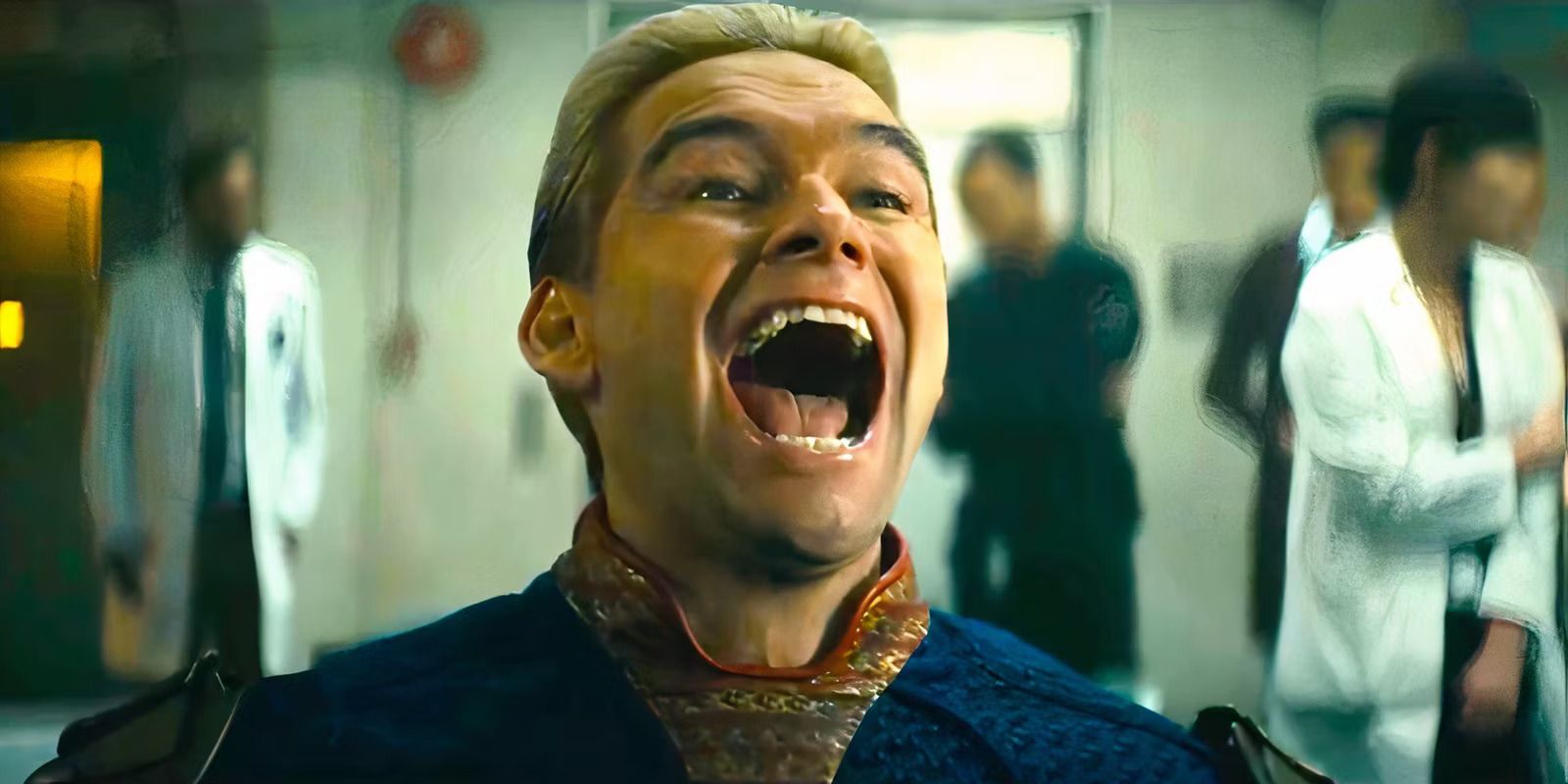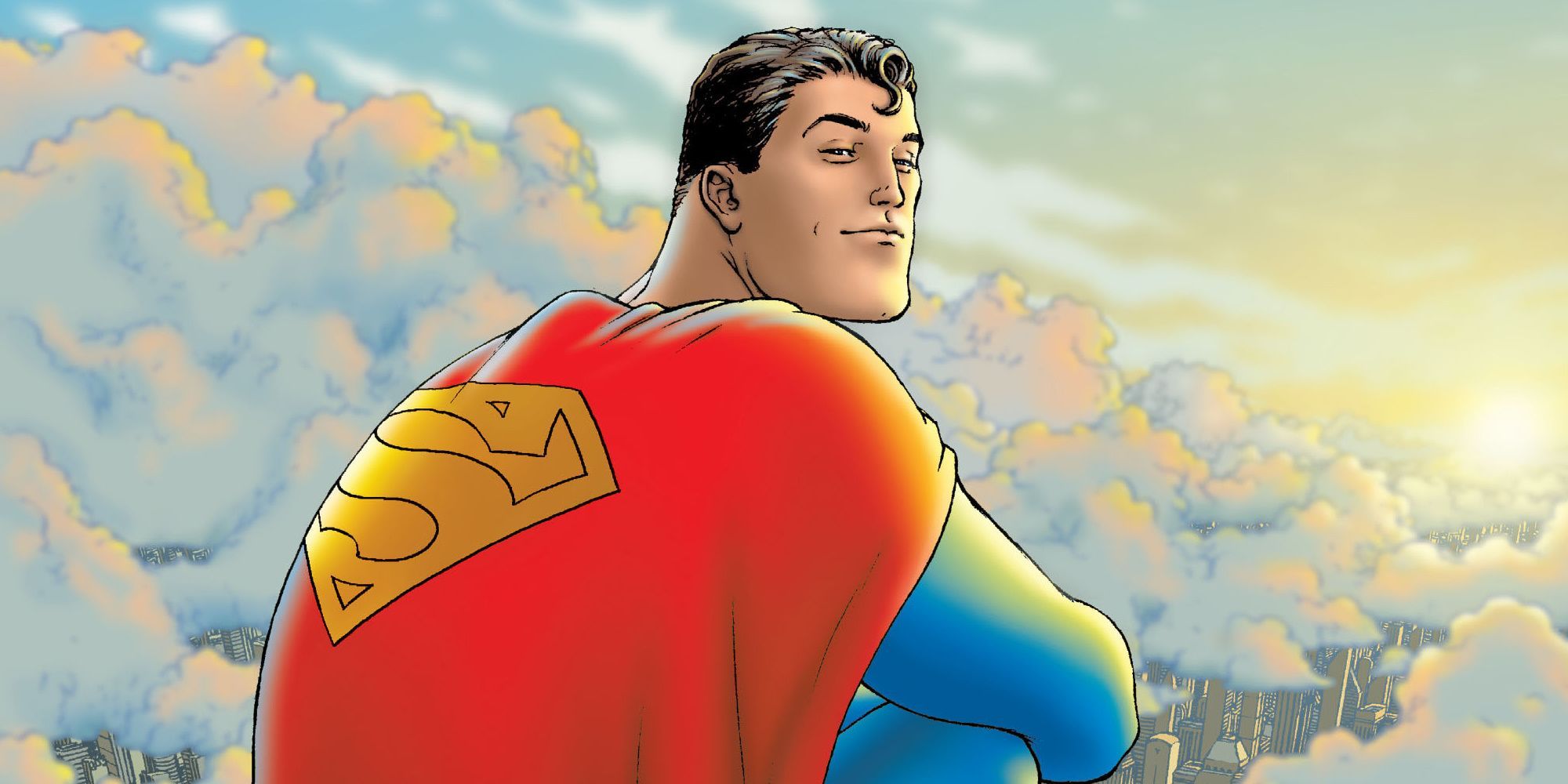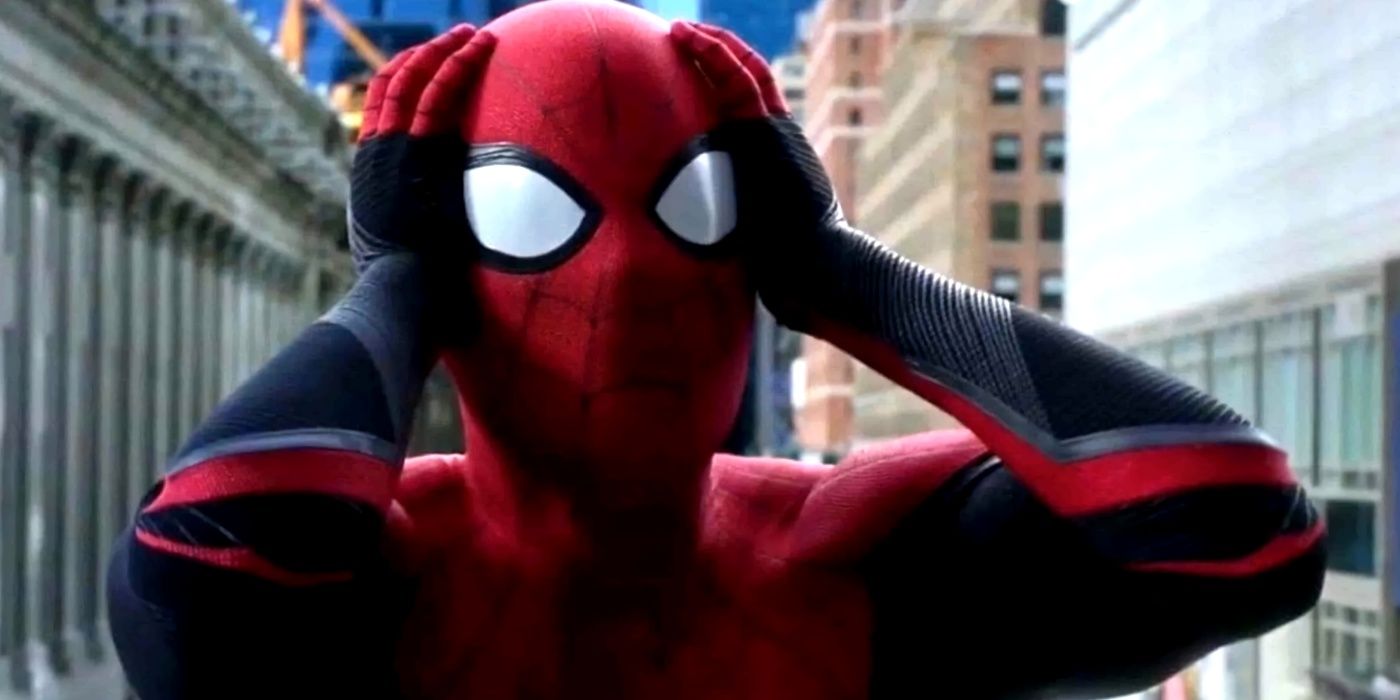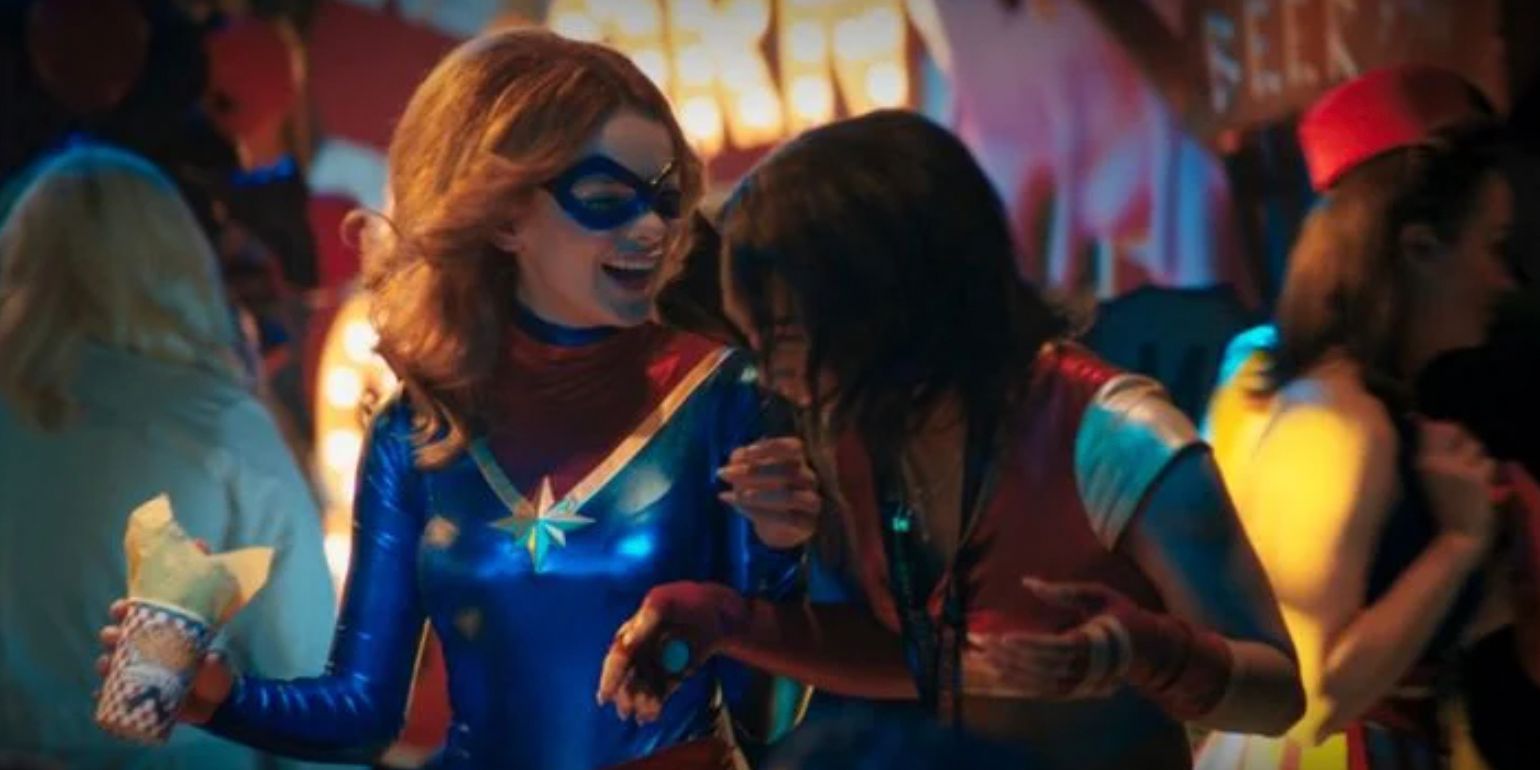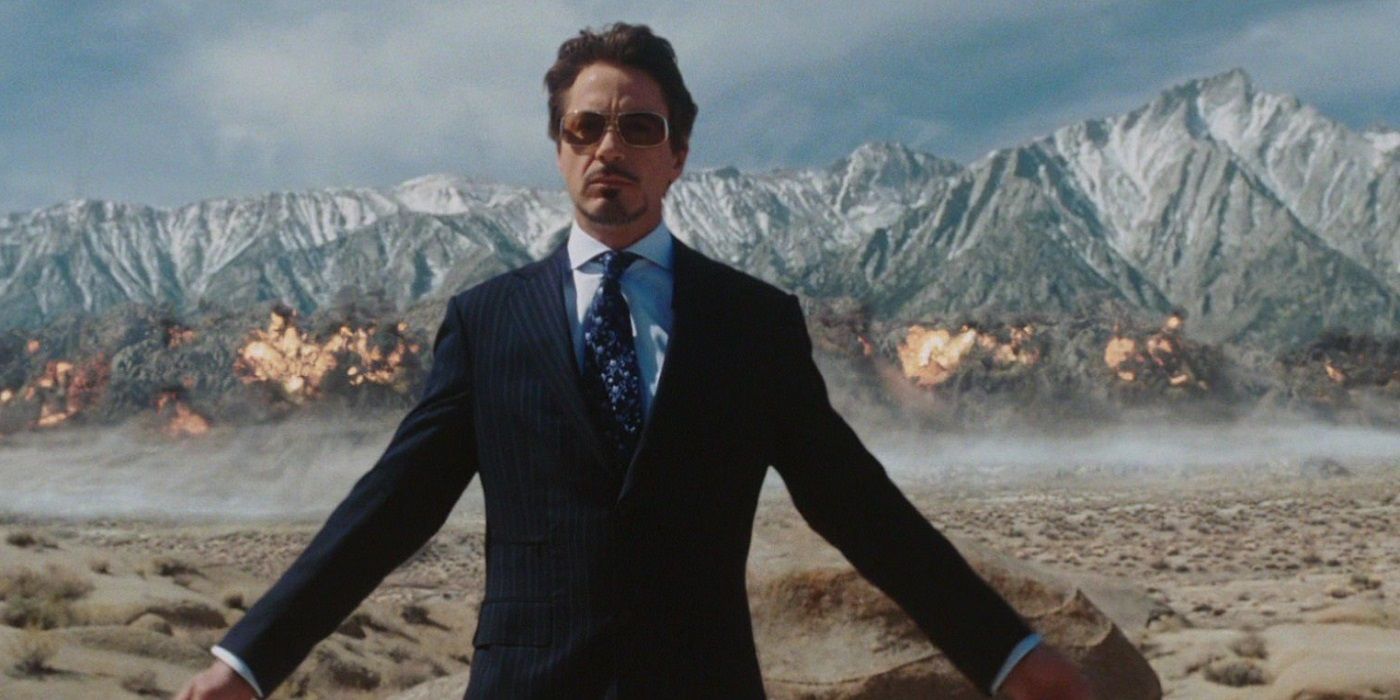Comic book superheroes can be a little bit formulaic at times, often falling back on similar tropes and common narrative shorthand. One of the most common aspects of superhero storytelling is the double-life narrative, requiring a hero to maintain a mild-mannered secret identity, but this storytelling trope has been absent lately.
In the comics, the overwhelming majority of costumed superheroes put on the outfit to disguise themselves. There are countless variations. Some are born fantastical and make up a fake normal identity while others begin as regular people and invent a heroic persona. Maintaining both halves of a hero's life or dealing with the difficulties of lying to everyone are considered ubiquitous amongst comics, but they're a bit less common on film.
The first episode of Ms. Marvel gave fans the first and best look at their analog in the Marvel Cinematic Universe. Kamala Khan attends AvengerCon and immerses herself in the world of her fellow Avengers super fans. Whilst there, the series reveals that the in-universe fans know almost as much about Earth's Mightiest Heroes as the real-world ones. Bruce Banner and Carol Danvers are known by name, aliens like Groot and Drax are celebrities, and even Loki has his fans. Every detail of The Avengers' battle with Thanos is known to the public and a fair amount of young people are fully obsessed with them. Regardless of where they came from and whether they desire the attention, pretty much every major figure of the MCU's cast of heroes is a celebrity. The concept of any of them living with a secret identity is almost impossible.
One of the most important moments of the first Iron Man comes when Tony Stark proudly proclaims himself the man in the suit in front of a crowd of onlookers and an international audience. Tony's bold reveal set the tone for every other member of the team to be a public figure. In the comics, Thor occasionally operates under the name Dr. Donald Blake, but the MCU iteration used it for around 15 minutes in the first film. Steve Rogers had museum exhibits built around him before he woke up from the ice. T'Challa became a public figure on the world stage as a prince, then revealed himself as the Black Panther in his first appearance. Natasha and Clint were government agents whose identity has become clear through their heroic deeds. Aside from Peter Parker, the entire main Avengers line-up remain known to the public.
In the days of Netflix's partnership with the MCU, each member of The Defenders had different approaches to double lives. Jessica Jones and Luke Cage operate without costumes and with their real names. The Punisher seems to be known to the government and many heads of organized crime, but Frank isn't a celebrity. Much of Matt Murdock's narrative was centered around trying to make his law career and his vigilante career work in harmony. Murdock still maintains his secret identity, despite abandoning his civilian life for a time. When and if Matt comes back to the MCU, he'll be one of the few remaining characters with a secret identity.
Peter Parker almost brought down the universe in pursuit of making the world forget him. He certainly seems to think that his secret identity is important to his character, and he's absolutely right. Spider-Man is a character who works best under specific circumstances and the perils of maintaining his double life are key to those circumstances. Spider-Man is always defined as the guy with way too much on his plate. He has to be pulled in a thousand different directions to feel appropriately challenged. He's supposed to be the hero who is simultaneously the most cursed and most blessed by his life as a hero. Spider-Man works best with a secret identity and the MCU is correct for realizing that. The rest of his cohorts however teach a different lesson with this trope.
Secret identities are either seen as unnecessary or inconvenient for most other heroes in the MCU. Tony Stark would not be stronger as a character if he constantly had to go behind the back of Pepper Pots and the entire public. The MCU loves jokes like the ones at Ms. Marvel's AvengerCon or the selfies in Thor: Ragnarok, or Sam's reaction to meeting Steve Rogers in The Winter Soldier. There's something routinely funny to the creators employed by the MCU about letting the comic book heroes be celebrities. Letting fans see themselves reflected in on-screen analogs is likely heartening for many of those who remain devoted.
The MCU has excised secret identity tropes for all characters except those who find it essential. Though extremely common, there's nothing sacred about superheroes using fake double lives to disguise themselves. When a new superhero comes along, fans will have to wait and see whether they have to keep their antics hidden or whether the mask is for decoration.

